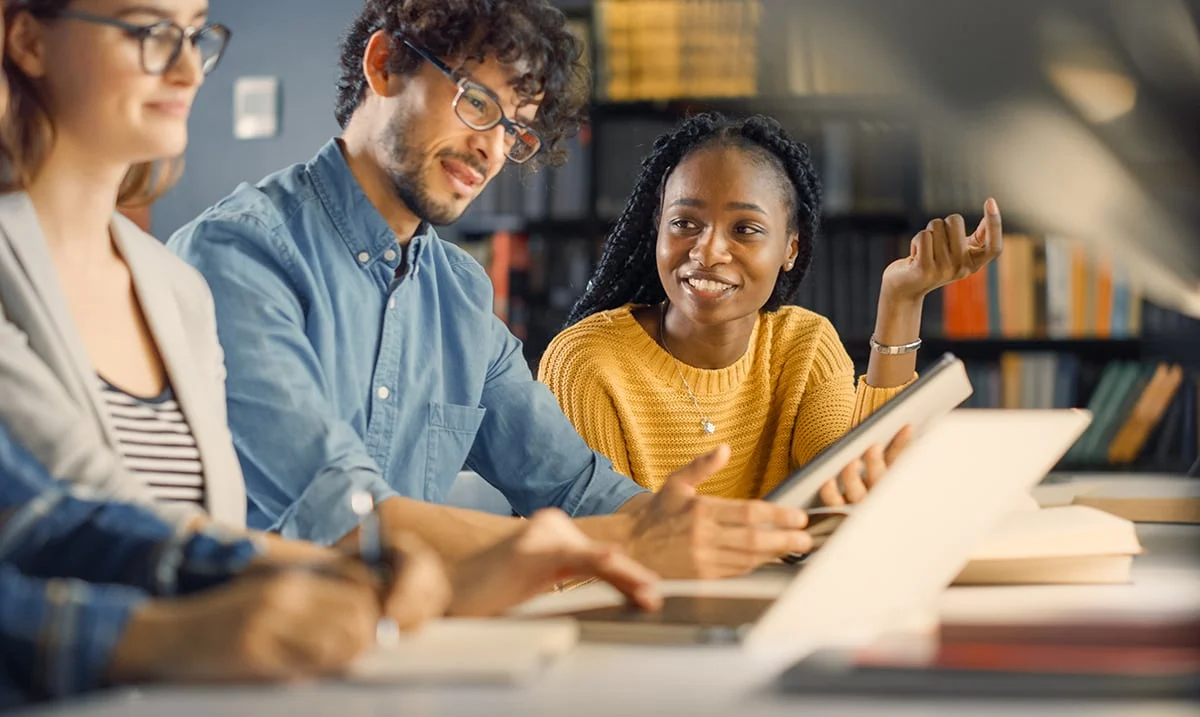Introduction: Learning as a Lifelong Virtue
Learning is not merely a stage of life; it is a lifelong journey. It begins in infancy with wide-eyed curiosity and ideally never ends, continuing through every season of life. Contrary to the common assumption that learning is confined to formal education, true learning occurs everywhere—in conversations, experiences, failures, and quiet moments of reflection. It is the invisible thread that links knowledge to wisdom, and understanding to action. In an ever-changing world, the ability to learn continuously has become not only a personal virtue but a professional necessity.
The Evolving Definition of Learning
Once defined by structured instruction within the walls of academic institutions, learning has grown into a multidimensional process that transcends textbooks and lectures. It now encompasses self-directed study, experiential growth, emotional intelligence, and interdisciplinary exploration. Learning today is dynamic, interactive, and deeply personal. Whether driven by curiosity, necessity, or passion, it shapes how we interpret the world and how we engage with it.
Why Learning Matters in Every Sphere of Life
The significance of learning cannot be overstated. It plays a foundational role in shaping character, expanding perspectives, and preparing individuals to thrive in uncertain times. A commitment to learning equips us with tools to adapt, create, and solve complex problems with grace.
1. Personal Growth and Self-Discovery
-
Learning introduces us to new ideas that challenge assumptions and deepen self-awareness.
-
By exploring diverse perspectives, we refine our own beliefs and broaden our emotional capacity.
-
It cultivates humility, revealing how much there still is to know, regardless of age or experience.
2. Professional Relevance and Advancement
-
In a rapidly shifting job market, learning is the currency of relevance.
-
Mastering new technologies, methodologies, or soft skills ensures career longevity and innovation.
-
Professionals who embrace learning are more agile, creative, and resilient.
3. Social Contribution and Civic Responsibility
-
An informed individual contributes more effectively to society.
-
Learning fosters empathy and informed discourse, strengthening communities and democracies.
-
It equips citizens to discern truth from misinformation, an essential skill in the digital age.
The Psychology of Effective Learning
Learning is not simply the absorption of facts; it involves cognitive, emotional, and psychological engagement. Understanding how we learn can enhance both the efficiency and depth of knowledge acquisition.
Key Components of Effective Learning:
-
Curiosity: The natural desire to understand or solve something initiates the learning process.
-
Engagement: Deep learning requires focus, reflection, and emotional investment.
-
Application: Knowledge becomes wisdom when applied in real-world contexts.
-
Feedback: Constructive criticism and assessment enable refinement and mastery.
The Role of Failure in Learning
Failure, though often feared, is one of the most powerful teachers. Each misstep offers insight into what does not work, revealing pathways to improvement. By reframing failure as feedback, learners develop resilience and a growth mindset—both critical to long-term success.
Modern Approaches to Learning
Thanks to digital advancements, the landscape of learning has undergone a dramatic transformation. Learning is now more accessible, customizable, and collaborative than ever before.
Innovative Learning Avenues:
-
Online Platforms: Websites like Coursera, edX, and Khan Academy democratize education.
-
Podcasts and Audiobooks: Learning on the go offers flexibility and breadth.
-
Interactive Tools: Simulations, VR, and gamified apps make complex subjects more engaging.
-
Social Learning: Communities, forums, and peer-led workshops foster collaboration and shared knowledge.
Learning Beyond Academics
While academic achievement is often emphasized, some of the most impactful learning occurs outside formal education. Emotional intelligence, critical thinking, relationship building, and mindfulness are learned through lived experience.
Valuable Forms of Non-Academic Learning:
-
Travel: Exposure to different cultures expands empathy and global understanding.
-
Art and Literature: Creative expression refines emotional depth and moral insight.
-
Mentorship: Real-life guidance from experienced individuals accelerates learning through storytelling and example.
-
Self-Reflection: Journaling, meditation, and introspection sharpen awareness and intentionality.
Creating a Culture of Learning
For societies and organizations to flourish, they must cultivate environments that encourage curiosity and open-mindedness. Leaders, educators, and parents play pivotal roles in fostering such cultures.
Elements of a Learning Culture:
-
Encouragement of Questions: Inquiry should be celebrated, not suppressed.
-
Tolerance for Mistakes: A safe space for trial and error nurtures innovation.
-
Accessibility: Resources and time should be allocated for continuous education.
-
Recognition of Growth: Progress should be valued just as much as achievement.
Inculcating the Habit of Learning
To make learning an integral part of daily life, intentionality is key. It must be pursued not out of obligation but from a genuine desire to grow.
Daily Practices to Foster Learning:
-
Dedicate 30 minutes a day to reading or listening to something new
-
Keep a journal to reflect on insights gained or questions that arose
-
Set monthly learning goals—whether a skill to acquire or a book to finish
-
Engage in conversations with people from different backgrounds or professions
Conclusion: A Mind in Motion Stays Alive
Learning is not a destination, but a way of being. It is an art, a discipline, and at times, a quiet revolution within the self. It fosters depth, compassion, and perspective. Those who embrace lifelong learning remain intellectually youthful, emotionally agile, and spiritually enriched. In a world that rewards speed, novelty, and performance, the enduring learner values substance over show, progress over perfection. To learn is to live fully—and to live well.

